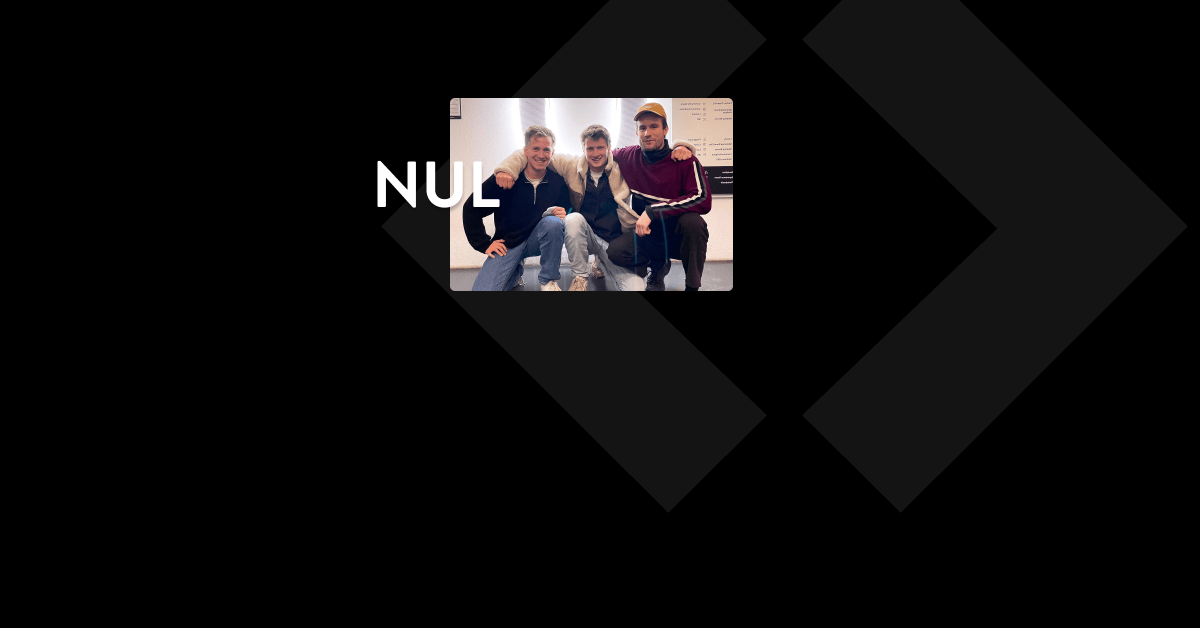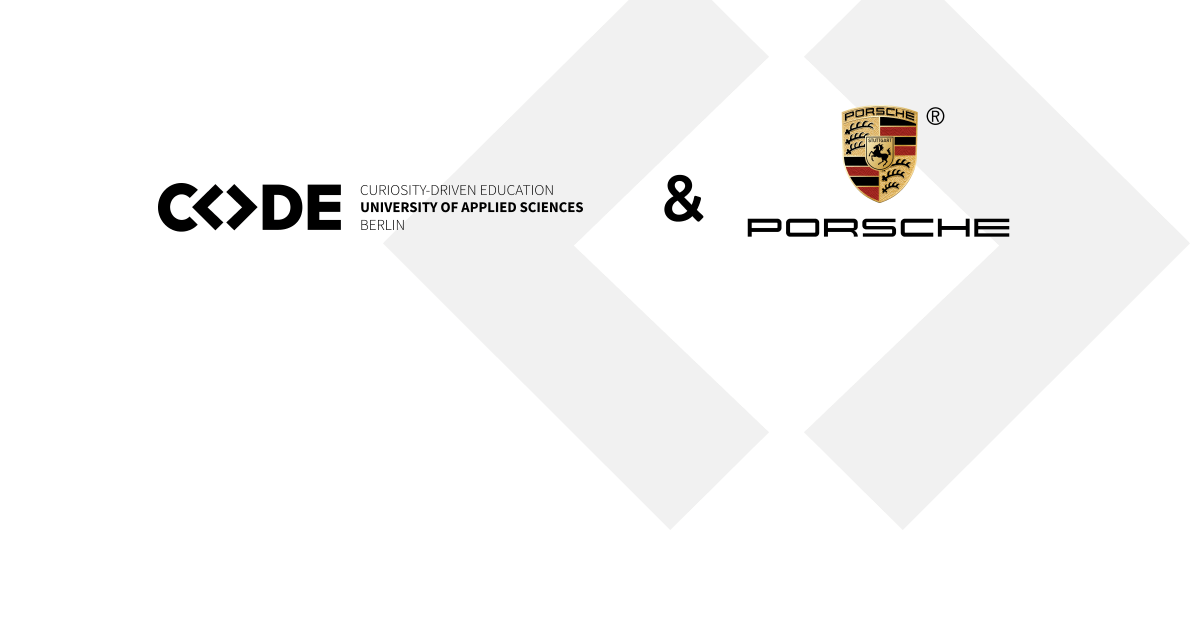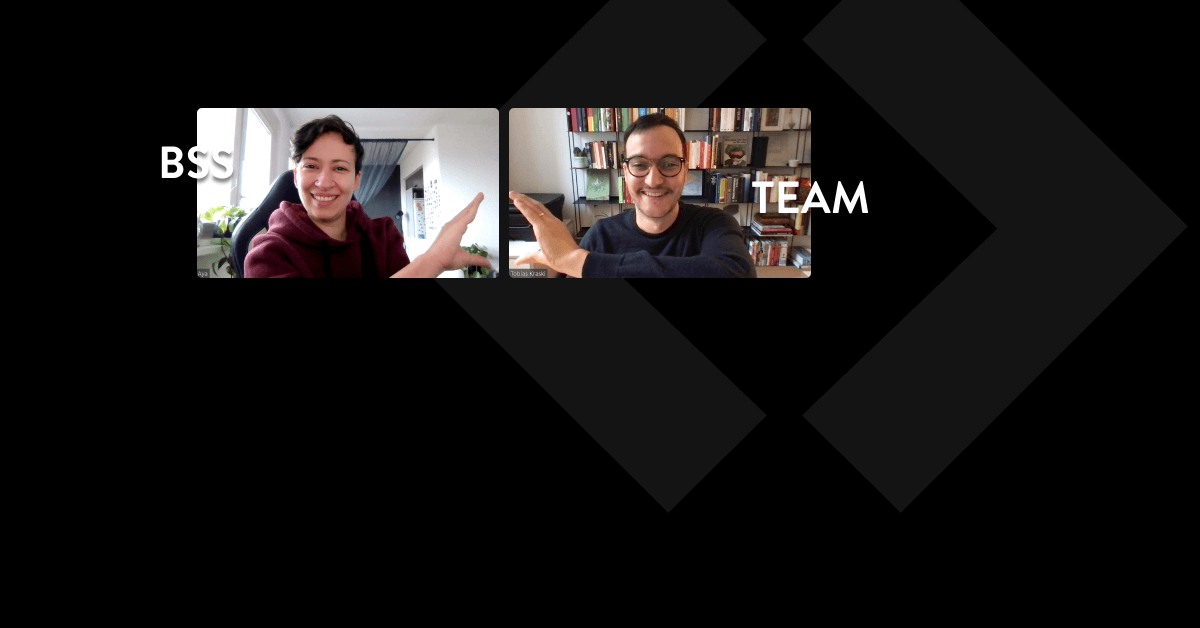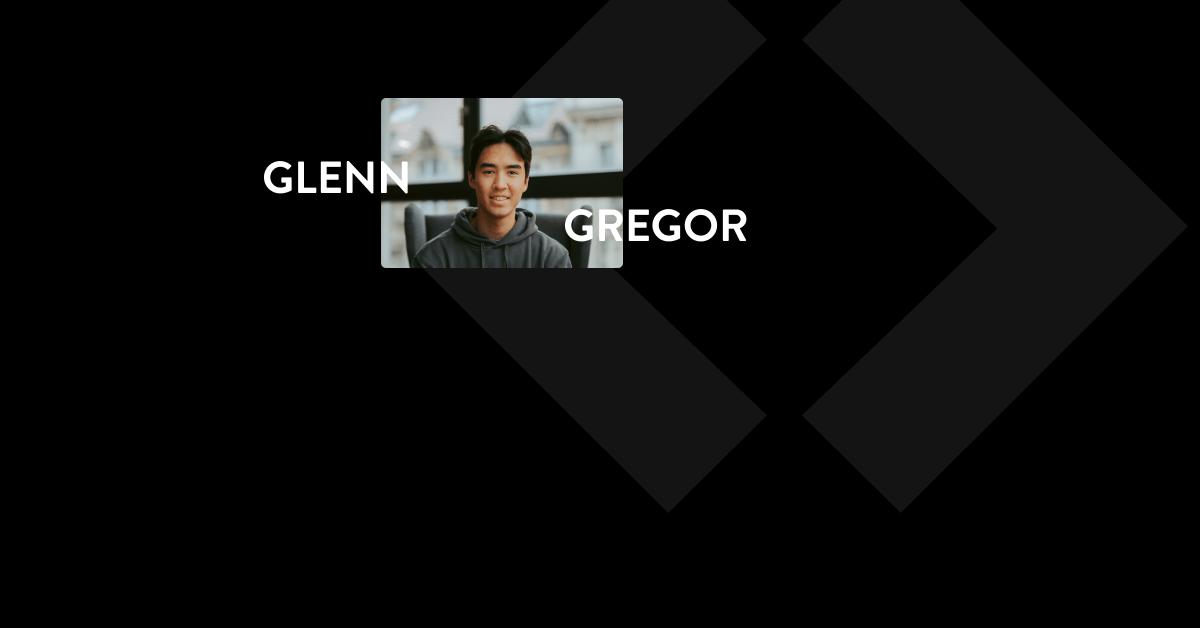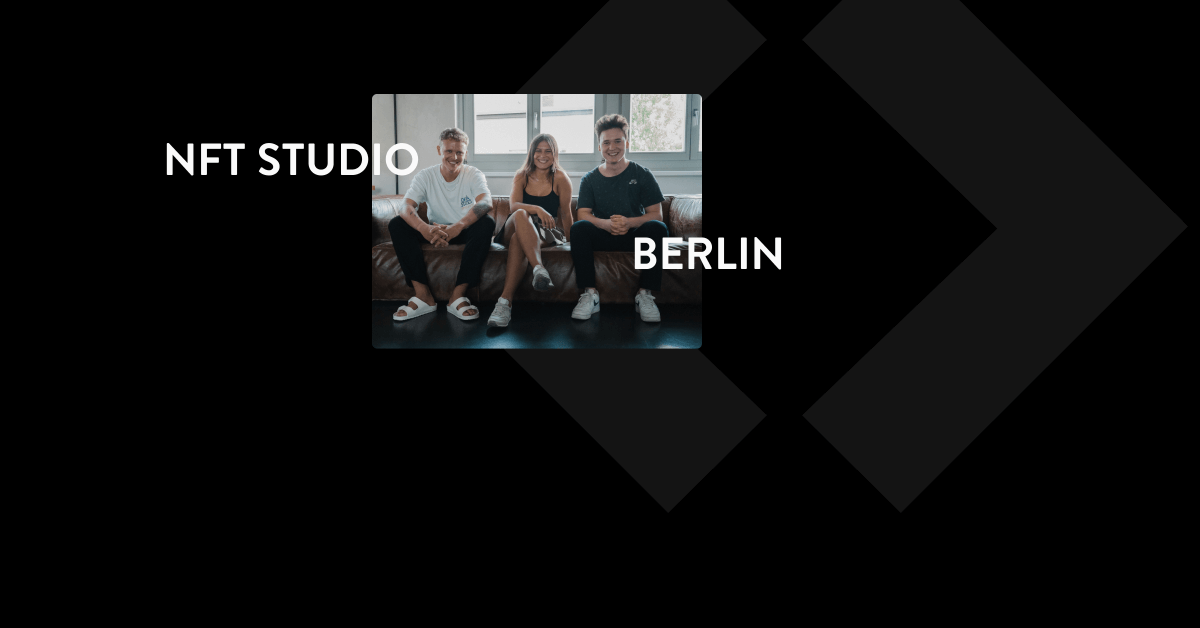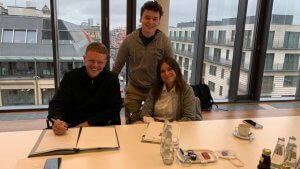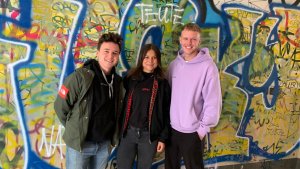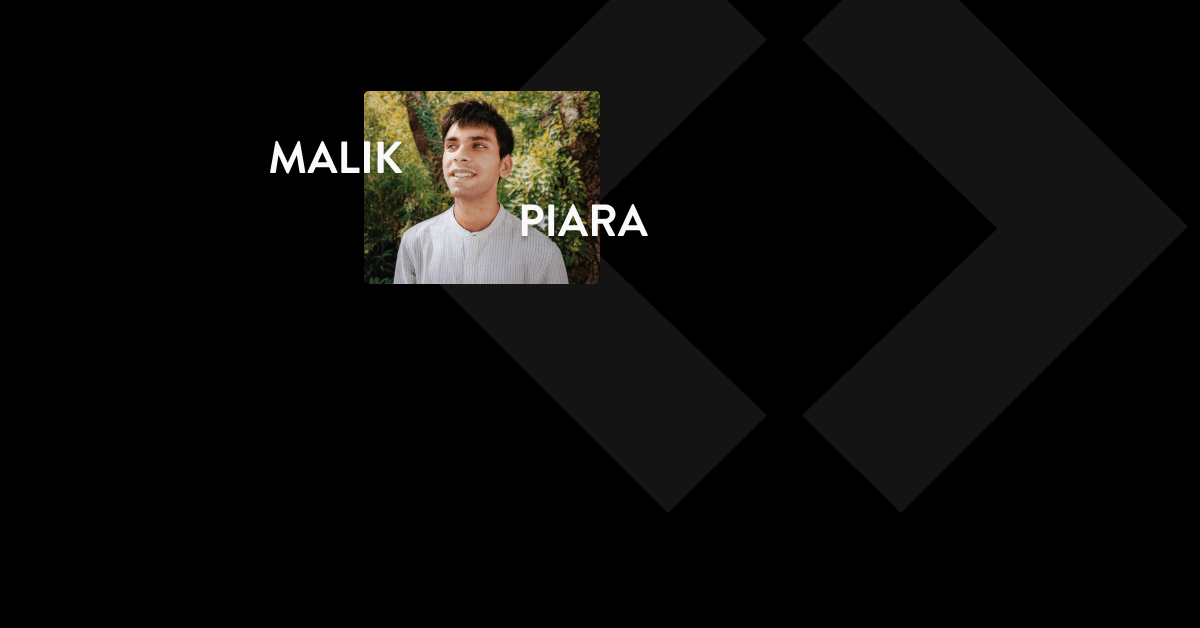Today we’re excited to share a 2021 WRAP-UP of an Official CODE Partner Project! This semester, our Partner, Porsche AG joined forces with our students to work on Porsche id.8.
The id.8 concept is based on the work of the Porsche Project Chain team from summer semester 2020. A Project Chain can most simply be described as a group of experts or product owners that work together without meeting. It is an ideal option for people involved in research or development projects who want to share their project experiences and get feedback but don’t have the time or inclination for a regular face-to-face group. The Idea: Project members are grouped together – five to fifteen people per Project Chain – and pass on their own project ideas or project related content to other member of their chain in an iterative process managed by an IT-tool or an app.
The concept of the book chain was merged with lean and agile methods to create a lightweight, future-proof ideation tool. At its core is the rapid feedback process that dramatically improves the quality and maturity of ideas. To ensure that experts from different fields can provide high-quality feedback, the tool uses tags to link different projects and people as well as gives the project owners the opportunity to show, which departments’ feedback they need. Only ideas that have the appropriate maturity level after successful iterations can be pitched to management. The goal of id.8 is to effectively increase the maturity of ideas so that more ideas become projects.
How it solves the problem:
id.8 connects Porsche experts from across all departments and allows ideas and feedback to be exchanged quickly and effortlessly.
How it’s different to anything else:
A circular and especially lean principle with as less guidelines as possible will produce a higher maturity than a “linear” workflow because this way more people can contribute, connect and improve ideas.
Our goal with this project:
Building a future-proof ideation tool for Porsche, that will help to build cars, customer related functions and business models of the future.
The Porsche id.8 Team consisted of;
Antea Giljanovic, Fourth Dimension Software Engineering student
Brian Mugisa, Fourth Dimension Software Engineering student
Shuto Uwai, Fourth Dimension Software Engineering student
Lida Karimi, Fourth Dimension Interaction Design student
Dan-Yoel Bitter, Fourth Dimension Product Management student
Burcu Baycan, Fourth Dimension Product Management student
Ingvild Therkelsen, NTNU Exchange Student & Interaction Designer
Kono Ndlovu, Fourth Dimension Software Engineering student
Lennart Stachowiak, Fourth Dimension Software Engineering student
Anzor Shakiashvili, Fourth Dimension Interaction Design student
Antea Giljanovic, Anzor Shakiashvili, Brian Mugisa, Shuto Uwai & Lida Karimi share their 2021 WRAP-UP of Porsche id.8

A moment we almost lost hope…
Lida: The whole concept of the platform and the logic behind chains were not working well, Me and Burcu had many hours of talking about the structure of the platform and assessing it, we then were discussing all of our results with the group to make them aware of our concerns. I guess communicating and sharing our perspectives from Interaction Design and Product Management views were those kinds of moments that we lost our hope.
Shuto: Re-organising teams again before starting this semester. I’m an only one who is working since last semester so that it’s quite challenging to re-frame everything we’ve done last semester and transmit all to new teams due to the fact that I didn’t get shared all documents from last semester (I’ve working as Software Engineer but I don’t have most of Product Management, Interaction Design documentation).
Brian: Personally I almost lost hope and felt terrible for letting the team down when we discovered that the skillset required was higher than my competence at the time- so could not implement much.
Our biggest challenge this year/semester…
Antea: Aside from the time pressure, we lost some members early on who sadly couldn’t participate, so it took a bit until we readjusted. But, with good communications, we were able to get back on track pretty easily.
Lida: Coming up with a new structure and function for the platform that can work (presumably) better than the previous one and be more user-friendly at the same time.
Shuto: Allocate working time and common time within teams and work together. Even though we had a project room, we have different time slots so it’s so challenging to sit together and work for one common goal.
Anzor: To find an approach for establishing a unified working culture within a team. As long as the project Id.8 constitutes an outcome of international team by nature there were issues of selecting commonly acceptable time schedule and alignment of working guidelines.
Our greatest success…
Antea: I’m rather proud that we were able to come out with the POC, despite the time pressure and other hurdles that we faced.
Lida: was to see how this project grew, there is a dummy version of it that users can work with, there is a new design and suggested structure that got approved and there is a lot more to work on. I guess this process of growth and the fact that it is growing with a tangible speed can be considered as our greatest success.
Shuto & Brian: Delivering the first piece of application & building the idea we could visualize in Spring.
Anzor: was to come up with an idea that could simplify the internal workflow of Porsche personnel. The most exciting point for me is enhancement of ideation/brainstorming process and making it more transparent and efficient.
Proud of ourselves because we…
Antea: The project itself was intimidating because I felt like I knew nothing, but despite the time and knowledge limitations, I pushed myself to learn and achieve something I hadn’t done before.
Lida: Because even though the project partners weren’t in Berlin and project team members were in contact via zoom during the pandemic, we could manage that and put our best effort into it. Also, the final result proves that we did a good job and we can be better in the next semester.
Shuto & Brian: We managed to make all tasks done as we planned before the beginning of semester. I’m proud of myself because through all that pressure, I pushed myself to learn advanced programming, and got 2 certificates. The project and CODE motivated me a lot. I’ve also got a couple of contracts through the CODE network (Factory). The team did a great job, particularly Dan-Yoel Bitter as Product Manager, Anzor Shakiashvili as Interaction Designer and Shuto Uwai as lead Software Engineer and mentor. I learnt a lot from him as a SE.
If it weren’t for CODE…
Antea:I wouldn’t have had this wonderful opportunity to learn through projects like this, that speeds up my learning road.
Lida: I would never imagine working on a project with Porsche after just one year of being a student. I think CODE made it easy for us to imagine more freely and make our thoughts and wishes real.
Shuto: Flexibility of learning through projects. The project environment is pretty much close to real working experience so super practical.
Anzor: I would not have had the opportunity to work with such an amazing team and deepen my knowledge. The Id.8 is exactly the project where you are involved to “learn by doing”.
Person or people that helped us with this project…
Lida: Thanks to Evelin and Uwe who tried so much to describe and explain the inner relationships in the Porsche and made it tangible for us how things are working inside the company. They also did their best to give us the opportunity to interview their colleagues to go forward with the project which widened our horizons so much.
Uwe Reuter, Director of Resources and Innovation in the area of Chassis R&D at Dr. Ing. h.c. F. Porsche AG and Evelin Spies, working student in the Innovation Management of the Chassis Department for two years, also share their experiences.
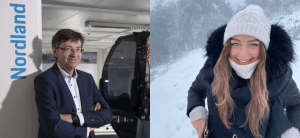
Our greatest success working with CODE on this project…
Uwe: Throughout the last two semesters we achieved a lot of milestones to be proud of but one thing that I would call our greatest success is the click dummy which we created with the students form last semester and optimized with the students in this semester. It is just nice to see, that our project is moving forward and that we have a real functioning product.
Evelin: Our greatest success is the fact that together we always manage to bring different people with different working cultures to one table and merge all different perspectives and insights in our project beneficially.
Our biggest learning, working with CODE on Porsche id.8…
Uwe: We’ve learned that it is very important to provide customer centricity and proximity through user interviews and user testing, as a desired product can only be created when the end-users themselves participate in the development process.
Evelin: Throughout the project I learned how to manage and structure a project from a project owner’s point of view. Thus, I faced a lot of difficulties and challenges especially in times of the pandemic, that helped me to grow and evolve personally and professionally.
One thing we would do differently next time…
Uwe & Evelin: We both agree that next time, we would take more attention on the documentation of the project’s development process. We experienced that documentation is the key and needs to be comprehensive and understandable especially for later semesters.
For next time, we also hope that the pandemic lets us organize F2F meetings with the team in Berlin.
Last but not least we want to get to know the student’s modules a bit better, so we can align the project’s requirements and milestones accordingly.
We are proudest of…
Uwe: My proudest moment was the video shooting for CODE’s Demo Day at Porsche Digital Berlin where we provided the latest model Porsche Taycan Turbo.
Evelin: For me the proudest moment on the one hand was the moment we realized the potential of the project and decided to continue in next semesters, and on the other hand, at the beginning of each semester when we find competent students to form our team.
We are always super excited when our students and Partner companies come together and work on projects – we’re looking forward to the next collaborations!
